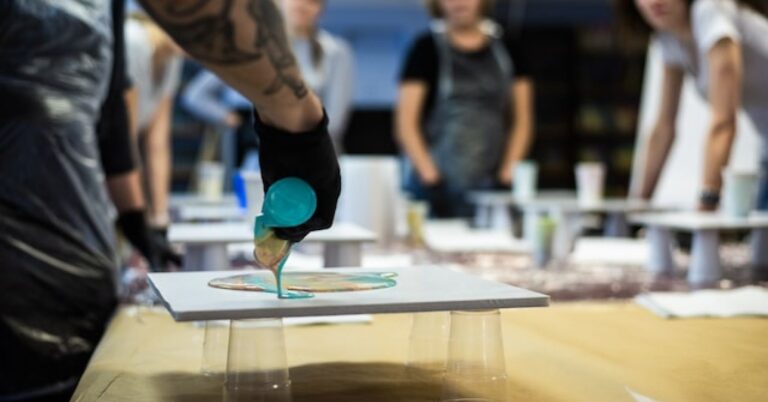Over the past few weeks, the violence and loss of innocent life in the Middle East has overwhelmed me with grief. It is with me at night; it is with me during the day. Posters of the kidnapped flash by me as I walk to the office, and images of the wounded flood the newspaper. Emails scream with opinions and side-taking. The tragedy is part of nearly every conversation with friends, loved ones, and, yes, with patients.
Once again, current events are in my therapy office. All my patients are talking about Israel and Gaza. Some are angry, some are afraid. Some can’t sleep, some can’t focus. Some are clear about their stance. Many are confused. They are internally searching and cataloging their many identities, struggling to make sense of the seemingly senseless loss of life.
And they want to know how I am coping. They ask, “How are you doing? Do you have anyone over there? Is everyone OK?”
As a therapist and psychoanalyst, I am trained to be neutral. My job, I learned, is to listen to my patients, not to tell them about myself. During my more than 30 years behind the couch, I’ve had my fair share of personal grief, but that’s for me to take care of elsewhere. I learned to talk about that with loved ones and, when needed, in my own treatment.
But this is different. This is a shared moment of grief. This is something that happened to all of us at the same time. It is not the loss of my own loved one or my own personal disappointment. This is something my patients know I have experienced with them in real-time.
While our experiences of the shared moment will not be the same—they can’t be, since we are separate individuals—we are sharing the moment. Should I lean on the same neutrality now, gently tossing the question back to the patient as therapists often do? Or should I respond?
I asked this same question 22 years ago, days after two planes destroyed the Twin Towers eight miles from my therapy office. The sidewalks were empty, and the smell of smoke hung in the air as I walked to see patients on September 13. Terror and loss were part of my life and the lives of my patients. I knew they would ask, “How are you? Is everyone in your family OK?” as all New Yorkers were asking each other. What would I do? What was the right way to respond?
To answer this, in October of 2001 my colleagues and I quickly surveyed a group of psychoanalytic faculty and students at Columbia University where I work (1). Those who responded—over half of those surveyed—reported that, in the weeks following 9/11, most of their patients had asked them personal questions about how they were coping with the trauma and about their families. And most of the clinicians had answered the questions.
They answered, not as therapists, but as people. People who had shared trauma in the face of a terrorist attack. They had shared grief, and many had shared the loss. So, they shared the reality with one another.
Learning that my colleagues had responded in this way helped me, as I answered my patients’ questions and talked to them about how to talk to their children. Reading papers about how therapists had historically responded after shared traumas, from the bombings in Oklahoma City to the ongoing violence in Israel and Gaza helped me to understand that, as useful as it is to generally take a neutral stance, it is sometimes important to acknowledge a shared reality (2). War, terrorism, police brutality, the pandemic—tragically, these are all realities of our lifetime that I share with the people who come to see me in my office. I learned this after 9/11, and I am reliving it now.
Mostly, of course, I want to hear how this is affecting my patients. I want to help them to process their grief, explore their feelings, and plumb their identities. I want to hear about how they see reality, whether or not their views match mine. But in this mix, I can also share that I feel heavy, that this is weighing on me. That I feel it, too. That I am not impermeable to trauma. That I am human.
I hope we can find a peaceful solution soon, both to the situation in the Middle East and to our violent reaction to it here at home. But, until then, as we continue to witness this gruesome reality, we will share it.


















+ There are no comments
Add yours